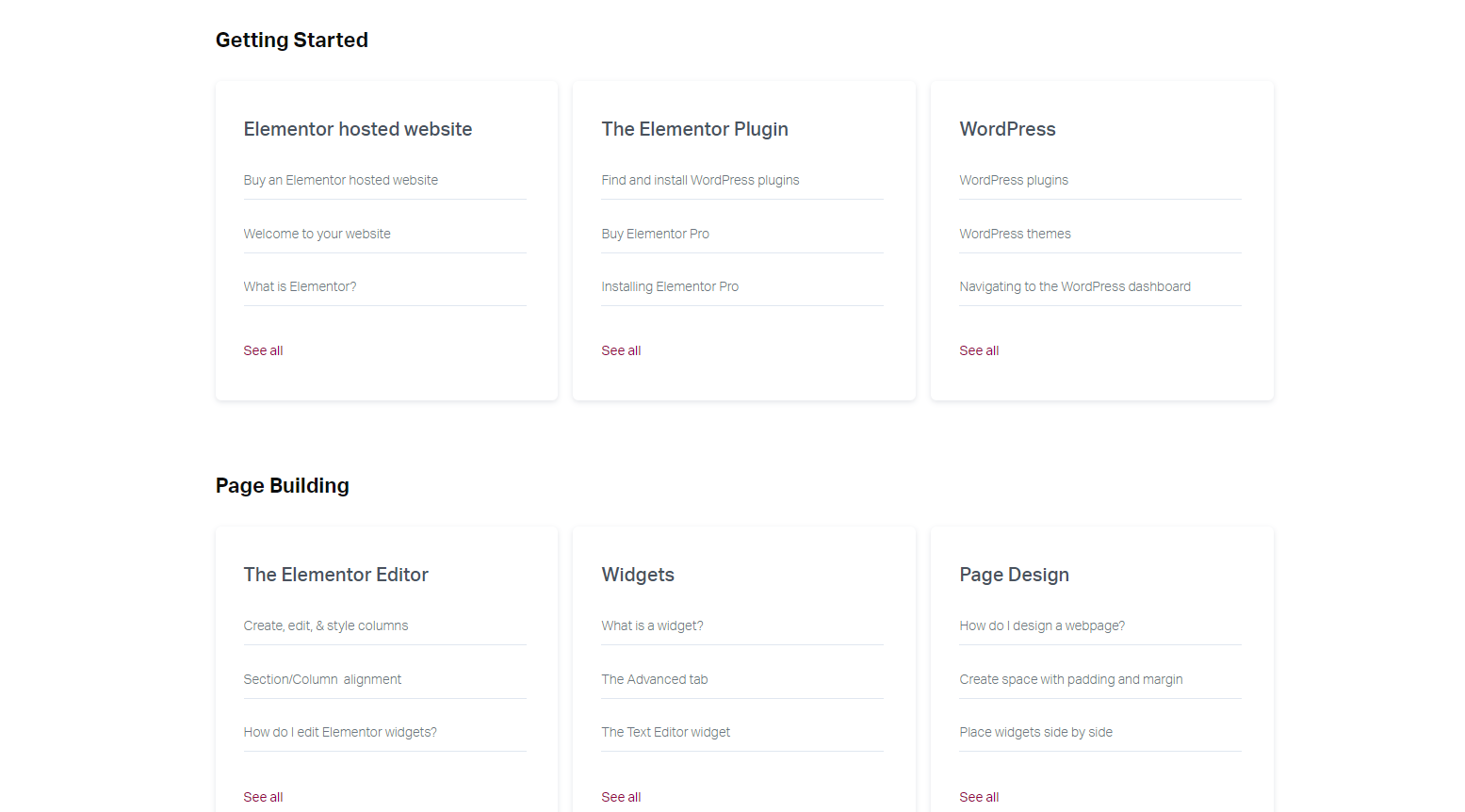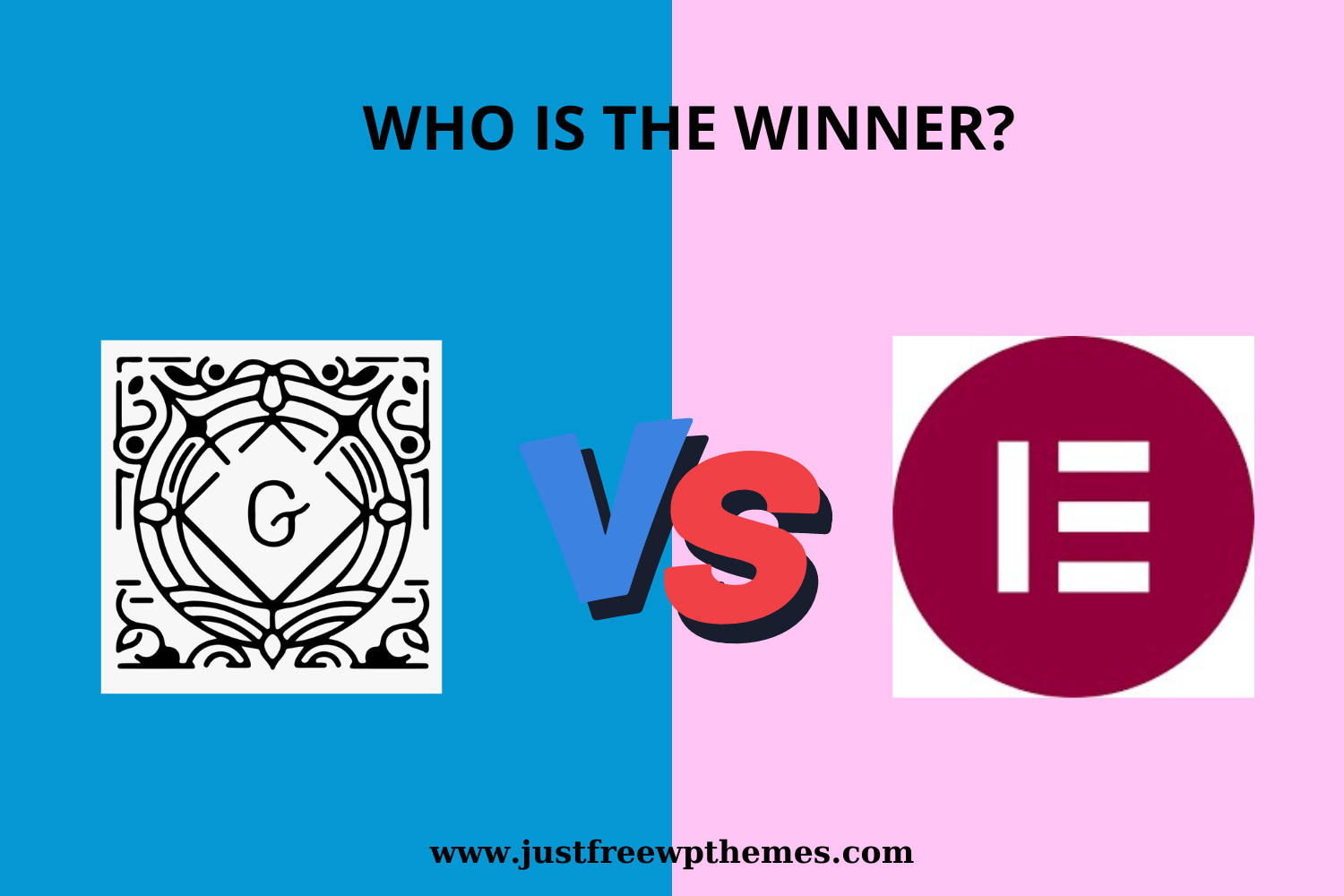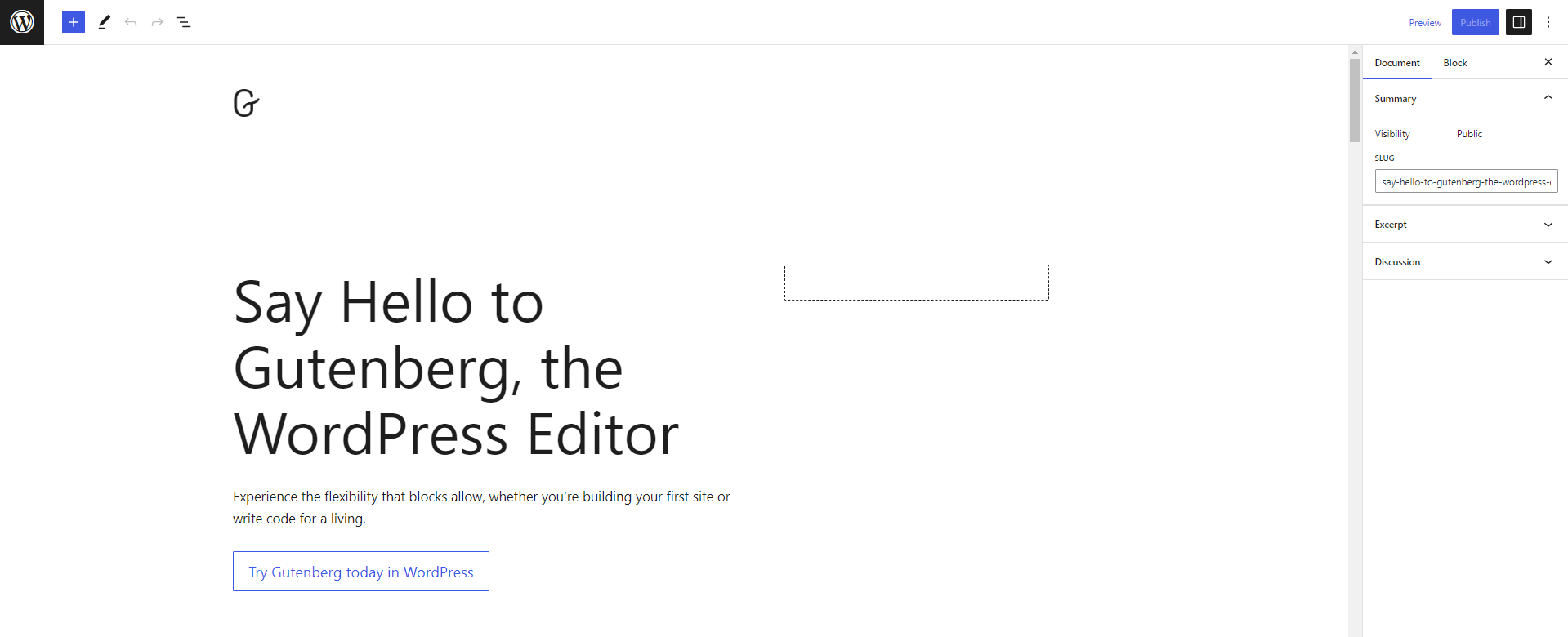As a website owner, one of the biggest dilemmas you might face is choosing the perfect page builder plugin to create a stunning website. The market is flooded with numerous plugins, but two of the most popular ones are Gutenberg vs Elementor. Both plugins have their unique features and abilities that make them stand out from each other. Gutenberg is the default WordPress editor and is widely used. On the other hand, Elementor is a drag-and-drop page builder that allows users to create dynamic websites without any coding knowledge. So, the question is, who will win the battle of Gutenberg vs Elementor? In this blog post, we’ll explore both plugins and determine which one comes out on top.
Gutenberg Vs Elementor: Background
Gutenberg
Gutenberg is the default block editor for WordPress since its launch in 2018. It was created to make the website-building process more manageable and accessible for non-technical users. The editor uses the drag-and-drop feature to add tiny elements called blocks to create pages and posts without the need for extensive HTML and CSS coding.
Gutenberg is more dependent on the WordPress theme, and to unlock its full potential, using add-ons and extensions is necessary. The editor provides a functional drag-and-drop system and is suitable for simple content and layouts. Although Gutenberg has more improvements compared to the Classic editor, it still has limitations and lacks many advanced features. Luckily, you can use the assistance of extensions and plugins to address these shortcomings.
Elementor
Elementor is considered one of the most top-notch page builders that was introduced in 2016 and have been trusted by a lot of WordPress users around the world. By using this page builder, you don’t need to have any technical knowledge to design a beautiful website. Since it comes with a bunch of powerful features and useful widgets that cover almost all types of website content types. In addition, it has rich, easy-to-use, pre-built templates to help you quickly build an eye-catching website at ease. Overall, Elementor has changed the era of WordPress web development and made it accessible to everyone.
Gutenberg Vs Elementor: features comparison
Two popular options in the WordPress ecosystem are Gutenberg vs Elementor. In this section, we will compare Gutenberg vs Elementor in terms of key features. Now, let’s see key differences below to help you make an informed decision about which page builder is the better fit for your needs.
| Features | Gutenberg | Elementor |
| User Interface | Gutenberg comes with a clean and minimalistic interface. The focus is on content creation and editing within individual blocks. Gutenberg only allows you to add blocks and move them up and down. | Elementor offers a visual drag-and-drop interface with a sidebar for element selection and a live preview of the design. It provides a more intuitive and interactive editing experience.
Besides, you can completely change the height and width of the blocks, design complex layouts or even insert more blocks inside other blocks. |
| Design Customization | Gutenberg only provides basic customization options for individual blocks, such as font styles, colors, and alignment. It has limited design capabilities focused on the content layout. | Elementor is packed with a bunch of extensive styling options for each element, including typography settings, background customization, animations, and advanced effects. Additionally, it offers a wide range of design possibilities for creating visually appealing pages. |
| Pre-built Templates and Blocks | Gutenberg only offers a list of basic blocks. It lacks a lot of advanced blocks such as accordion, slider, etc. Also, it does not include a built-in library of pre-designed templates. However, you can use the support of WordPress Gutenberg Blocks plugins. | Elementor offers a vast library of beautiful pre-built templates and blocks that can be imported and customized. This enables quick page creation and provides a starting point for design inspiration. |
| Theme Building | It doesn’t include native theme-building capabilities. | It allows you to design custom headers, footers, and other theme elements. Also, Elementor provides more control over the overall website design and layout. |
| Dynamic Content and Custom Fields | Gutenberg doesn’t natively support dynamic content or integration with custom fields. | Elementor Pro includes dynamic content features that allow you to display content based on conditions and integrate with custom fields, enabling you to fetch and display data from your WordPress database. |
| Page speed | Gutenberg tends to have a slight advantage in terms of page speed compared to Elementor. Since Gutenberg is the default WordPress editor and is designed to be lightweight and optimized for performance, it doesn’t introduce additional layers of code or scripts by default, resulting in faster page loading times. | Elementor is a feature-rich page builder with advanced design capabilities, so it may require additional resources such as CSS and JavaScript files to power its drag-and-drop interface and design elements. In addition, if you use pre-built templates and complex widgets, then it needs more time to load with the page content. |
Customer support
Gutenberg
If you are going to use Gutenberg, then Gutenberg relies heavily on the WordPress community. As you know, Gutenberg is an integral part of WordPress, so you can access the support resources provided by the WordPress community. At present, there are unlimited articles, and documentation resources available in the internet. Hence, you completely can find effective solutions to handle your issues.
Elementor
On the other hand, Elementor offers dedicated support channels for its users. This includes a tick-based support system where users can submit their issues and then the enthusiastic support team of Elementor will support you in detail. Elementor also has a large and active online community such as Official Elementor Community, Facebook Groups, and Online Forum. It has gained popularity among WordPress users and has fostered a vibrant community of users, developers, and enthusiasts.
In addition, Elementor has a library of useful knowledge bases and documentation, so you can easily find their tutorials, FAQs, and a step-by-step guide to help you understand their features efficiently.

Pricing plans
Gutenberg
Gutenberg is the default editor in WordPress, so it is absolutely free to use. There are no additional costs associated with using Gutenberg because it comes bundled with the WordPress software.
Elementor

In contrast, Elementor offers both the free version and paid version. Nevertheless, the free version only offers a basic set of features and functionality, so it is suitable for those who have a tight budget and need simple requirements.
Currently, the paid version of Elementor comes with 3 plans including the Essential plan, Expert plan, and Agency plan. The paid version starts at $59/year. The price of each plan will be different based on the number of websites you want to use it on and the duration of your subscription (annual or monthly). The biggest advantage of using the Pro version is that you can unlock a lot of advanced features such as dynamic content, popup builder, woocommerce builder, form integration, and much more.
Pros and cons
Gutenberg
| Pros | Cons |
|
|
Elementor
| Pros | Cons |
|
|
Gutenberg Vs Elementor: The Final Verdict
Both Gutenberg vs Elementor have their strengths and weaknesses, so it’s important to consider various factors before determining which one is better for you. Gutenberg is a solid option if you prefer a simpler and integrated editing experience focused on content creation. On the other hand, if you prioritize advanced design customization options and a user-friendly interface, Elementor’s page builder may be a better choice. Elementor will help you easily build unlimited complex and beautiful websites.
Which page builder do you think is better? Please leave your opinion in the comment below. In addition, don’t forget to share our blog with your friends.
Further, you can visit our free WordPress themes to discover tons of stunning, eye-catching, responsive.


